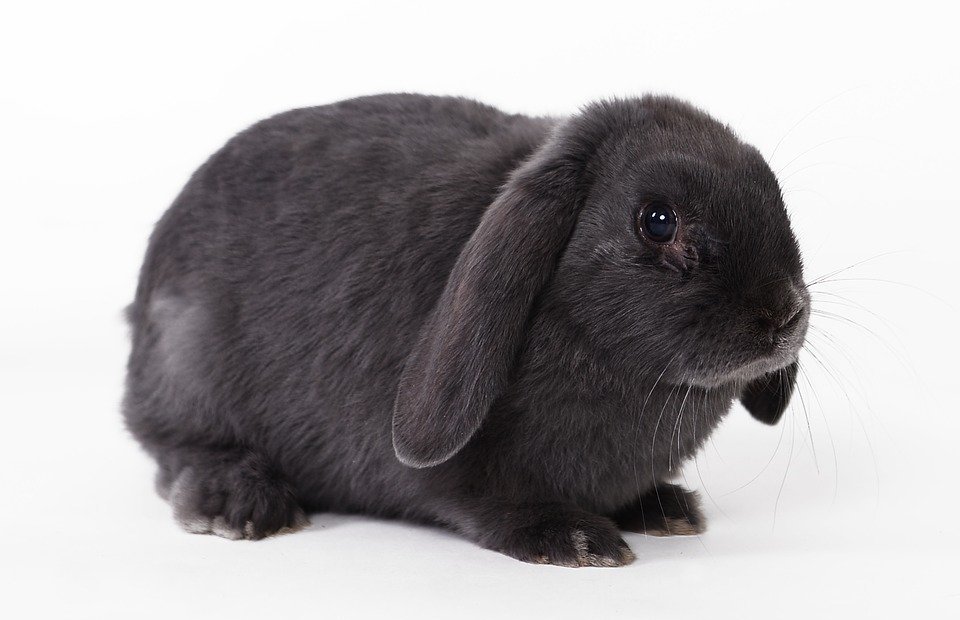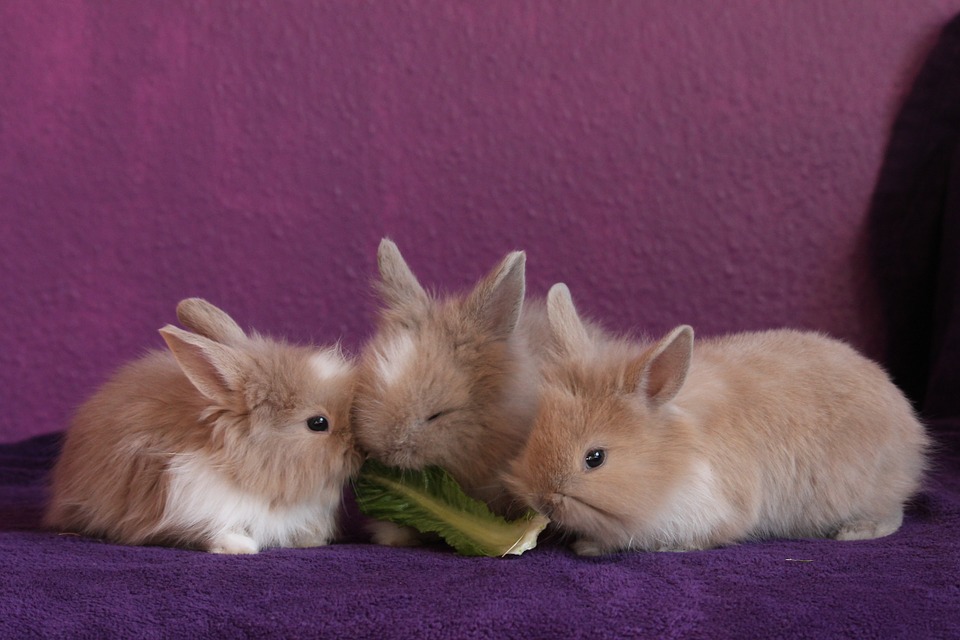This article explores the potential of cherries as a treat for rabbits, examining their nutritional value, potential risks, and safe consumption practices.
Part 1: Understanding Rabbit Nutrition

1.1 Dietary Essentials
Rabbits are herbivores with a specialized digestive system designed for a high-fibre diet. Their primary food source should be hay, providing essential fibre for proper digestion and gut health.
1.2 The Importance of Variety
A varied diet, including fresh vegetables and a small amount of fruit, adds crucial nutrients and keeps rabbits engaged. However, treats should never replace their core hay-based diet.
Part 2: Nutritional Profile of Cherries

2.1 Vitamin and Mineral Content
Cherries are a good source of vitamin C, vitamin A, potassium, and iron. Vitamin C is a powerful antioxidant, while vitamin A contributes to healthy vision and skin. Potassium is vital for regulating fluids, muscle function, and nerve impulses, and iron is a component of haemoglobin, responsible for oxygen transport.
2.2 Antioxidants for Health
Cherries are rich in antioxidants, specifically anthocyanins, which give them their vibrant colour and possess anti-inflammatory properties. Quercetin, another flavonoid present in cherries, also contributes to anti-inflammatory and antioxidant effects.
Part 3: The Risks of Cherries for Rabbits
3.1 Sugar Content and its Consequences
Cherries are naturally high in sugar, which can pose challenges for rabbits. Excess sugar intake can lead to:
- Weight gain: Sugar is easily stored as fat, contributing to obesity and associated health problems.
- Dental Issues: Sugar can create an environment for bacteria in the mouth, leading to tooth decay and gum disease.
- Digestive Upset: Sudden dietary changes, especially with high-sugar foods, can cause diarrhoea or constipation.
3.2 The Danger of Cyanide
Cherry pits and leaves contain amygdalin, a compound that breaks down into cyanide when ingested. Cyanide is a potent toxin that can cause:
- Rapid breathing and increased heart rate
- Seizures and tremors
- Coma
- Death, if left untreated
3.3 Digestive Challenges
The fibrous nature of cherries can be difficult for rabbits to digest, especially in large quantities. This can result in:
- Bloating and gas
- Gastrointestinal stasis, a serious condition where the digestive system slows down or stops.
Part 4: Safe Cherry Consumption for Rabbits
4.1 Choosing the Right Cherries
Only offer fresh, ripe cherries to your rabbit. Avoid those that are bruised, mouldy, or rotten. The cherries should be firm to the touch and have a vibrant colour.
4.2 Proper Preparation
Before feeding cherries, always remove the pit and stem. These parts contain amygdalin and should never be given to rabbits.
4.3 Moderation is Key
Cherries should be offered as a rare treat, no more than once or twice a week. The recommended amount is one or two small pieces, depending on your rabbit's size.
4.4 Introducing New Treats Gradually
To avoid digestive upset, introduce new treats, including cherries, gradually. Start with a tiny amount and monitor your rabbit for any adverse reactions before increasing the quantity.
4.5 Observing for Health Changes
It's essential to monitor your rabbit's health after consuming cherries, looking for signs of illness such as:
- Loss of appetite
- Diarrhoea or constipation
- Lethargy and decreased activity
- Abnormal breathing, such as rapid or shallow breaths
Part 5: Alternatives to Cherries
5.1 Safe Fruits and Vegetables
Rabbits can enjoy a variety of safe and healthy fruits and vegetables, including:
- Apples (without seeds and core)
- Bananas (in small quantities)
- Bell peppers
- Carrots
- Celery
- Cucumber
- Parsley
- Spinach
- Strawberries
5.2 Commercial Rabbit Treats
Numerous commercial rabbit treats are available, formulated to provide a balanced diet and minimize the risk of health problems. These treats often contain ingredients like hay, herbs, and vegetables.
Part 6: FAQs
6.1 Can rabbits eat cherry stems and pits?
No, cherry stems and pits are highly toxic to rabbits due to their cyanide content. Never feed them to your rabbit.
6.2 Are dried cherries safe for rabbits?
Dried cherries are not recommended for rabbits because the dehydration process concentrates the sugar content, making them even more harmful.
6.3 How often can I give my rabbit cherries?
Cherries should be given as a rare treat, no more than once or twice a week.
6.4 What if my rabbit eats a cherry pit?
If your rabbit accidentally ingests a cherry pit, contact your veterinarian immediately. They may recommend inducing vomiting or providing supportive care to minimize the risk of cyanide poisoning.
6.5 Can baby rabbits eat cherries?
Baby rabbits should not be given cherries due to their delicate digestive systems and higher risk of complications from sugar and cyanide.
6.6 What other treats can I give my rabbit?
Aside from fruits and vegetables, you can consider offering your rabbit small amounts of safe herbs like parsley, cilantro, and basil, as well as commercial rabbit treats designed for their dietary needs.
6.7 How can I ensure my rabbit gets enough fibre?
The cornerstone of a rabbit's diet is hay. Provide unlimited access to good-quality hay, such as Timothy hay or meadow hay, throughout the day.
6.8 What if my rabbit shows signs of illness after eating cherries?
If your rabbit exhibits any of the symptoms mentioned earlier, consult your veterinarian immediately. Prompt veterinary care is crucial in addressing potential health issues related to cherry consumption.
Everyone is watching
-

Do Rabbits Lay Eggs? (The Surprising Truth)
OTHER TYPES OF PETSThis article will unravel the common misconception that rabbits lay eggs, exploring the fascinating world of r...
-

What's a Group of Rabbits Called? (A Comprehensive Guide)
OTHER TYPES OF PETSThis article delves into the fascinating world of rabbits, exploring the various terms used to describe a grou...
-

Can Rabbits Eat Grapes? A Guide to Safe Rabbit Treats
OTHER TYPES OF PETSThis comprehensive guide will explore the safety and suitability of grapes for rabbits, providing detailed inf...
-

Predators That Hunt Rabbits: A Guide to Natural Enemies
OTHER TYPES OF PETSI've always been fascinated by the circle of life, that delicate dance between predator and prey. Growing up ...
-

Are Rabbits Nocturnal Animals?
OTHER TYPES OF PETSThe question of whether rabbits are nocturnal animals is a fascinating one, with a surprisingly complex answer...
